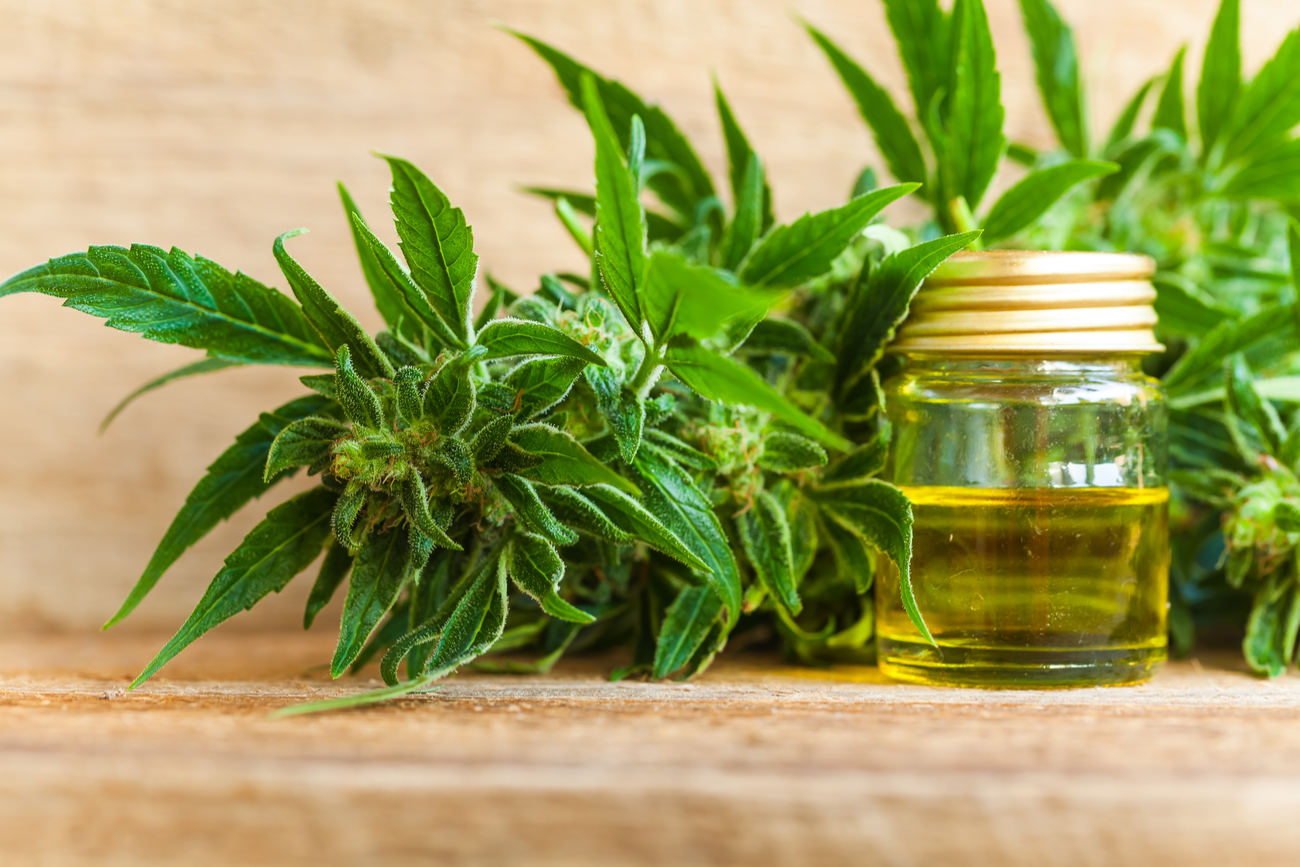My professional life is largely spent in the insurance and financial services sector as CEO of Surety One, Inc., a national surety bond general agency. One of the classes of bond business that we write is for cannabis enterprises. While I tend to leave each individual’s particulars to him or herself, I have spent some not-insignificant time thinking about the availability of cannabis and whether that access is a social ill or a social good. Like any reasonable person, I would rather that the driver of my children’s school bus, my airline pilot, my brain surgeon, etc., not smoke pot, I am overwhelmingly convinced that legalization and de-scheduling of cannabis is the “right thing to do”. I’m not advocating for the use, misuse or abuse of any substance however there is a group of people that most certainly benefit from our compassionate approval of marijuana products for them.
The debate over the legalization of medical cannabis has gained significant momentum, not only in the U.S. but across the globe. Advocates argue that allowing medical cannabis is not just a matter of legality but also a question of compassion. One of the most compelling arguments for legalizing cannabis is its ability to alleviate pain and suffering in patients with chronic and debilitating illnesses. For individuals battling conditions such as cancer, multiple sclerosis, epilepsy, and chronic pain, conventional treatments might not always be effective or come with severe side effects. Medical cannabis, with its natural pain-relieving properties, can offer a ray of hope and relief, giving these patients a chance to improve their quality of life.
Medical cannabis, particularly cannabidiol (CBD), has shown promise in reducing the frequency and severity of epileptic seizures. For children and adults suffering from severe forms of epilepsy, such as Dravet syndrome or Lennox-Gastaut syndrome, medical cannabis can be a lifeline. By allowing access to this alternative treatment, governments can demonstrate compassion for those living with these debilitating conditions.
Mental health conditions such as anxiety, depression, and PTSD, affect millions of people. Traditional pharmaceutical interventions do not work for everyone and may lead to dependency and/or adverse side effects. Medical cannabis, especially strains with higher CBD content has been shown to have anxiolytic and mood-stabilizing effects. Legalizing medical cannabis provides patients with another option in their pursuit of mental well-being, promoting a compassionate approach to mental health care. This point alone is particularly prescient given the number of psychiatric professionals that have been sounding the alarm about emotional stress and its manifestations, especially among our military veterans.
For patients facing terminal illnesses or end-of-life care, medical cannabis can provide a comforting and compassionate touch. It can alleviate pain, improve appetite, and offer a sense of peace, allowing these individuals to spend their remaining days with greater comfort and dignity.
The compassionate aspect of legalizing medical cannabis extends beyond the realms of law and policy. It’s about recognizing the suffering of patients battling various medical conditions and providing them with access to a potential source of relief and hope. By embracing the legalization of medical cannabis, governments can show empathy, understanding, and a commitment to the well-being of their citizens. Moreover, it sends a powerful message that compassion and evidence-based care should guide our approach to healthcare, ultimately fostering a more inclusive and empathetic society. I stand by my decision to have my business enterprise support my view on this, as likewise I stand by the millions of my fellow human beings suffering from debilitating, painful infirmities.

